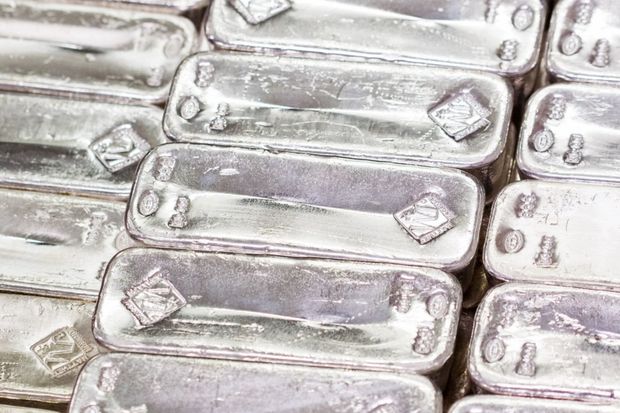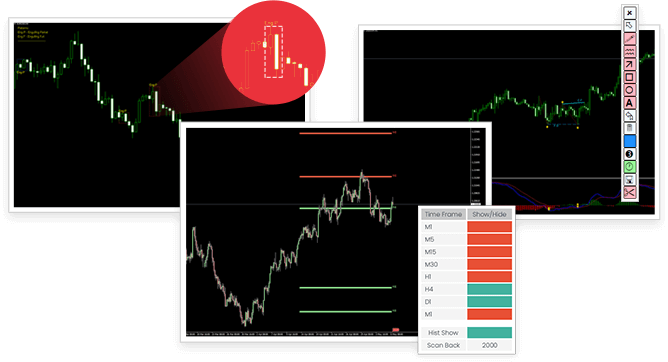Silver is a commodity whose precious metal is generally implemented in coins, jewelry, and electronics. This commodity is the most electrically conductive earth metal and as a result, possesses significant inherent value and immense industrial application.
Apart from being widely used during ceremonies in varying ethnic groups and cultures, this commodity also possesses a strong demand in precious metal markets nested throughout parts of the world such as London, Japan, Europe, and the United States.
The first evidence of this commodity being mined dates back to 3000 B.C. and today it is most commonly acquired in the form of coins, bullion, and bars.

Traders and investors tend to employ a hedge fund strategy known as global macro as a precursor to determine opportune times to buy this precious metal through commodity markets.
This is largely due in part because this precious metal is viewed as a high-valued commodity whose market sentiment is correlated to the price movements of gold.
Applications of this commodity can be seen in nanotechnologies, silver conductive inks, solar panels, and various other industrial applications and naturally high electrical conductivity make it a more volatile commodity than that of gold while outputted manufacturing data has been seen to have significant effects on the value of this commodity.
Given the nature of commissions (between 10% to 20%) that tend to accompany the acquisition of silver bullion, many investors and traders have resorted to buying silver through ETFs as a method to diversify risk and avoid the prospect of unfair silver trading.
The major drawback, however, of buying this commodity through ETFs would be how you don’t technically own the silver but rather a reflection on the value of silver which could negate the main reason why investors tend to buy precious metals, to begin with, which generally occurs as a means of insurance and risk diversification.
A trader or investor’s outlook upon the economy dictates which route of silver acquisition is best suited for their needs. Should an investor believe that the economy will collapse then the acquisition of silver bullion is more ideal than the quick market access that is generated through the buying of this commodity through ETFs.















